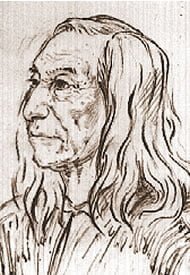Second Regiment of Washington Volunteers
The 2d regiment of Washington volunteers was officered, so far as the official correspondence shows, as follows: Company A, Capt. Edward Lander; 1st Lieut A. A. Denny. Vice H. H. Peixotto resigned; 2d Lieut D. A. Neely; H. A. Smith surgeon; Strength 33 rank and file. Non-com officers, John Henning, C. D. Biven, J. Ross, Jacob Wibbens, James Fielding, Walter Graham, David Manner, Asa Fowler. Company B, Capt. Gilmore Hays, promoted to major by election; 1st Lieut A. B. Rabbeson, elected Capt. Vice Hays; 1st Lieut Van Ogle, vice Rabbeson, and John Brady, vice Van Ogle, commanded lastly by Captain … Read more

